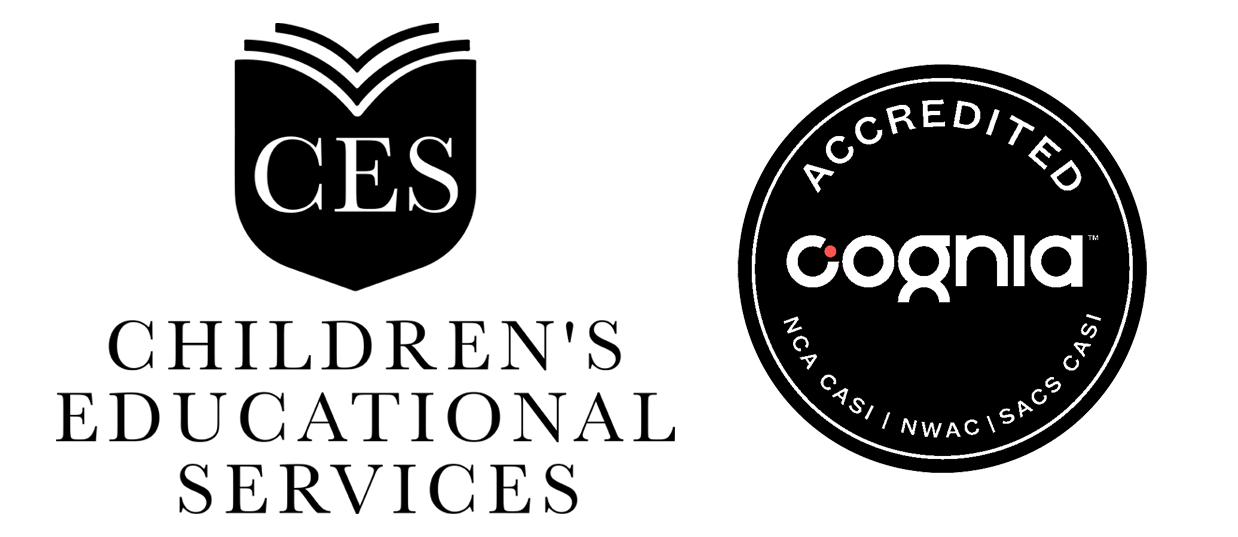4 ways to get students excited about writing

It can be difficult to get students excited about writing.
Growing up, I liked to write. More specifically, though, I liked to write about things I liked. While I could crank out a decent enough essay like the best of them, my real passion was in creative writing. Buried in the depths of my office closet is a box holding over a dozen spiral-bound notebooks and hundreds of loose pieces of paper (all adorned with my middle-to-high-school handwriting) spinning elaborate tales of drama and adventure, mostly inspired by my favorite fantasy novels.
A few pieces, though, stand out. There’s the short story I wrote for my honors English class in tenth grade, when we were studying the works of Edgar Allan Poe. My teacher gave us the option to either write an essay comparing the themes in multiple examples of Poe’s work or to demonstrate our understanding of the class material by writing an original short story mimicking Poe’s style. I chose the latter. And I got an A.
Looking back at my high school career, I realize how extremely fortunate I was to have English teachers who understood the importance of “leaning in” and getting to know me as a person. The Poe assignment was one of many in which my teachers found ways to tailor writing tasks so that they felt more interesting and relevant. It was their ability to create buy-in on my part that resulted in my not only wanting to write for school but also in my learning to see myself as a writer both inside and outside of the classroom.
There’s a great deal of focus in writing instruction on making sure students consider their audience. Just as we want students to know their audience, however, we, as teachers, need to also know our students so that we can empower them to use their writing voices. Here are four tips on how to go about this in your classroom.
Reading Goals Teachers Recommend for Families

Want to get the whole family reading more? Creating book goals turns reading into a fun activity that your kids will look forward to in their free time. These are five tangible family reading goals teachers recommend.
How to teach leadership skills to your students

Every classroom has its leader, and it doesn’t take long to identify who that is. In fact, you can often tell who this kid is going to be before you ever step foot in the classroom and they are usually the first to be mentioned to you by other teachers.
7 tips for your students to improve their English grades quickly

Since a language course includes many different skills to acquire (grammar rules, reading comprehension, research, descriptive writing, and so on), many students find themselves in chaos and often seek help to improve their English grades.
Top Tips for Raising a Motivated Reader

Reading crosses into every area of a person’s life. We must read to fill out a job application, to file a tax report and to communicate with other people. Email has become the primary way that we communicate in business and in our personal lives. Social media chat is another way we communicate. Reading is at the heart of it. If we do not have a solid understanding of reading skills, we are not able to read or understand important communications from friends, coworkers or employers.
How to Get Better at Math: 5 Tips for Parents

“I’m just not a math person.” I hear this phrase a lot and it always makes me cringe just a little. Then I remember how many times I’ve seen a great artist’s work and thought, “I don’t have an artistic bone in my body.” Oops, guilty.
How to Set Up Your Kids for Educational Success in 2024

In the hustle and bustle of the holiday season, the inevitable return to school once winter break is over is often pushed to the very back of our minds. Transitioning from leisurely holiday breaks to a structured classroom routine can be a significant adjustment for children. With the dip in recent academic performance scores, emphasizing the importance of adopting effective strategies to help students smoothly navigate this shift is top of mind.
3 Ways to help students in special education

There a number of reasons why a child may need to attend a special education program at school. Special education can help learners who struggle with developmental delays, such as dyspraxia or apraxia of speech, and/or children who experience challenges with literacy and numeracy because of a specific learning difference.
20 Best Math Board Games to Enhance Your Kid’s Math Abilities

Did you know that board games can do more than just entertain? According to a comprehensive review of research spanning 23 years, math board games, such as Monopoly, Othello, and Chutes and Ladders, significantly enhance mathematical abilities in young children. This groundbreaking study, published in the journal Early Years, reveals that children aged 3 to 9 who engage in number-based board games improve in areas like counting, addition, and recognizing numerical values.
How Can I Improve My Child’s Reading?

This advice for parents details what they can do to help preschoolers become readers, and help school-age children improve their reading skills.


